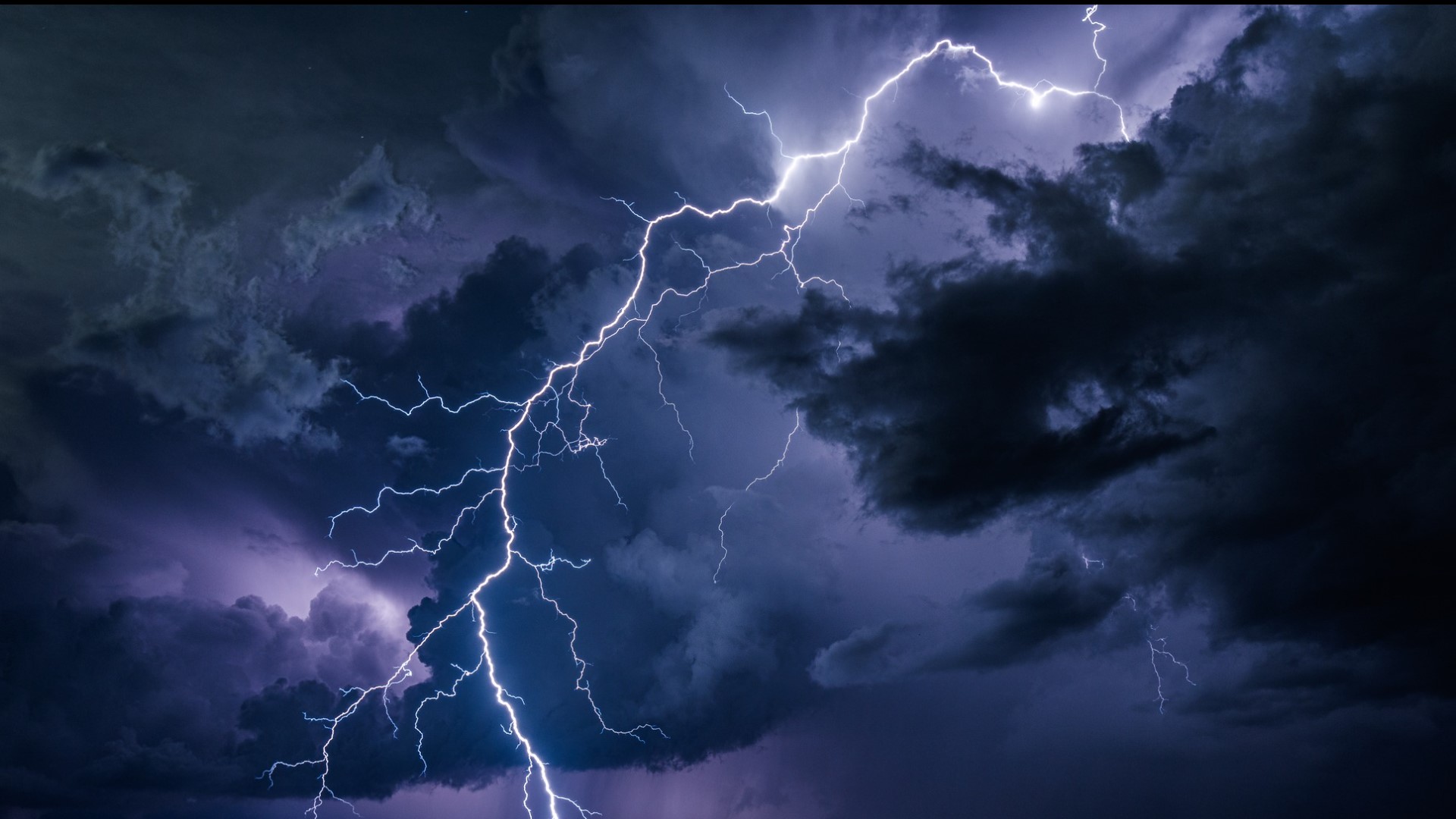PHOENIX — Is your home prepared for monsoon storms? Tim Herring with ACE Home Services emphasizes the importance of HVAC maintenance, especially before the monsoon.
Monsoon storms come with dust, rain, electricity, and high winds.
The first thing a technician will look at is all the tiny screws on your air conditioning unit; these help protect the electronics inside the air conditioner unit.
Herring highly recommends scheduling a technician early to check all the screws and make sure the panels are properly secure.
Secondly, make sure a technician cleans the unit's coils. Since we live in a desert, most tend to think a little bit of dust and dirt won't hurt the air conditioner unit.
Herring explains that dust and dirt on the coils inhibit heat transfer, so keeping the air conditioner unit clean is key. If you start with a clean surface, the unit will collect less dirt.
Before the monsoon and dust storms arrive, schedule a technician to check your air conditioner unit, and clean if needed.
In addition to regularly scheduled maintenance, make sure the area around your air conditioner unit is clean and free of debris. Think about all storm impacts, and make sure the unit is clear from any of those external damages. A technician should have easy access to your air conditioner unit for routine maintenance, cleaning, and repair.
For additional information on keeping your home monsoon ready, visit https://acehomeaz.com/. You can also call ACE Home Services at (602) 456-1401 to learn more about the services they offer.
VERSIÓN EN ESPAÑOL: Se acerca el monzón. ¿Su hogar está preparado para las tormentas?
Up to Speed
Catch up on the latest news and stories on the 12News YouTube channel. Subscribe today.
Flooding Safety:
The Arizona Fire & Medical Authority has provided the following tips on what hazards to watch out for during and after a flood, including fire, electrical and chemical safety:
Generators and alternative heating devices can create fire hazards during flooding if they aren’t used correctly or maintained properly. Pools of water and appliances can become electrically charged and can cause electrical fires.
On electricity, residents in flooded areas should turn off the power to their homes if they can reach the main breaker or fuse box. All wiring in the house may be electrically charged and hazardous. Residents should have a professional technician check their home for damages before turning on the power.
Make sure potentially combustible liquids like paint thinner, lighter fluid or gasoline haven’t spilled within or near your home. Keep combustible liquids away from electrical or alternative heat sources as to not start a fire.
All smoke alarms in the home should be tested monthly and batteries should be replaced yearly. Some smoke alarms are dependent on your home’s electrical service and may go out when power is turned off.
Make sure the fire hydrant near your home is cleared of debris so the fire department can assess it easily in the event of a fire.

